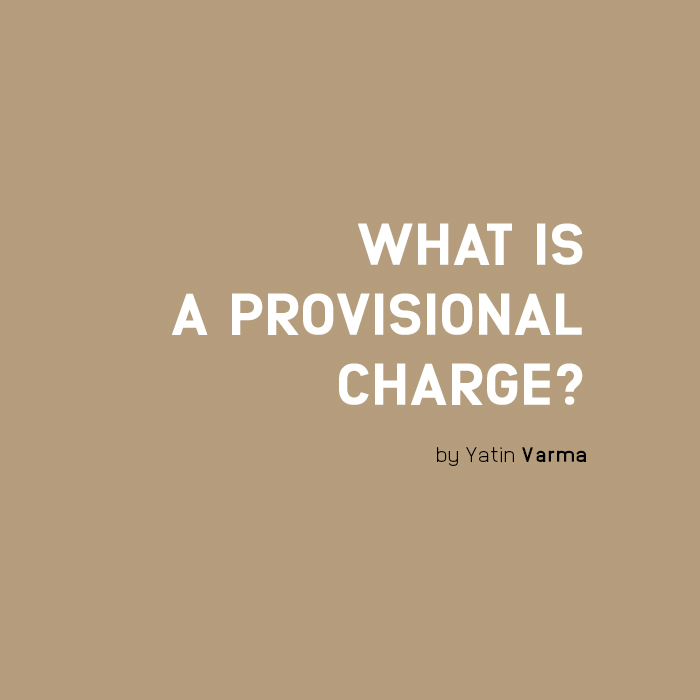A provisional information is a mechanism whereby a court is informed of the reason of the arrest of an individual. The use of a provisional information is now an established practice. Only an offence known to law can give birth to a provisional information.
Purpose: To bring the detention of an individual under judicial supervision and control . A provisional information ensures that arrests and detentions are monitored by a Magistrate, maintaining a level of control over police actions;
Process: When someone is arrested on reasonable suspicion of an offence, a provisional information is lodged against that person before a District Court and the judicial authority then decides whether the detainee should be released on bail and if not, for how long he should be detained pending investigation while ensuring compliance with section 5 of the Constitution which protects the right to liberty. No detainee pleads to a provisional information and no trial take place. A motion can de made to strike out the provisional information on grounds of delay and/or the nature of evidence. In the event the provisional information is struck out, the prosecution can still, thereafter, come up with a formal charge and lodge the main case;
Safeguarding Constitutional Rights: The purpose of bringing a suspect whether he is at large or on remand periodically before a Court is not a mere formality. It is the sacrosanct duty of the Magistrate before whom the suspect appears to see to it that the detention, if any, of the suspect is not unduly being prolonged and also to find out what is hindering the lodging of the main case against him;
Unique to Mauritius: This system is not codified, meaning it is not in our law. However, it has evolved as a settled practice over time and considered unique to the country;
Action against the State: In the event an individual believes that he or she has been unlawfully subject to a provisional charge, that person can initiate a case against the State within a delay of two years from the time of occurrence. There is no need to await the outcome of the criminal case to lodge a civil case;
Criticism: The practice not being codified in law relies on judicial precedent and established customs. It is, therefore, considered to be a legal grey area. In many instances, provisional charges are lodged even before gathering sufficient evidence. The practice is also perceived as a tool to harass political opponents. The lodging of provisional charges is within the powers of the police without having to seek the approval of the Director of Public Prosecutions. There is no time limit during which a person can be subject to a provisional charge. Consequently, suspects can be detained or remain on provisional charges for long periods of time raising concerns about potential abuses of power. This can lead to severe social and psychological impacts on individuals particularly in the eventuality the prosecution decides to strike out the provisional charge without the need to come up with a main case.


Leave a Reply